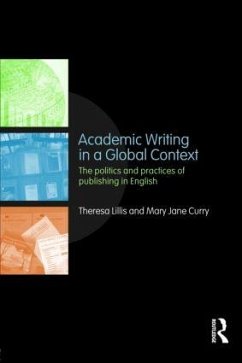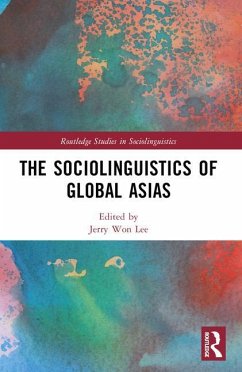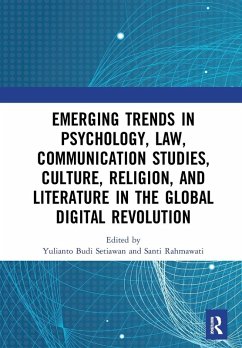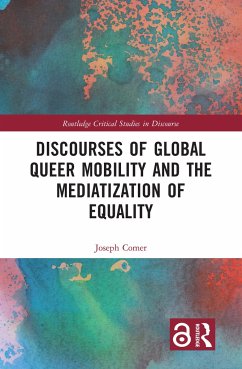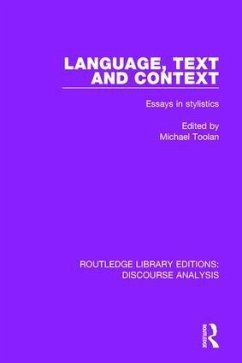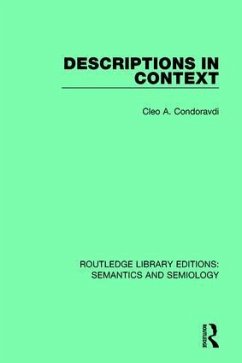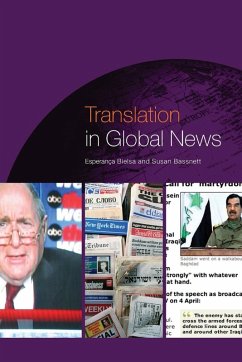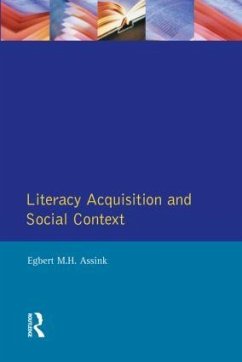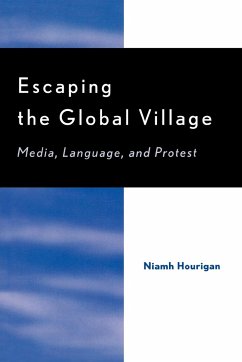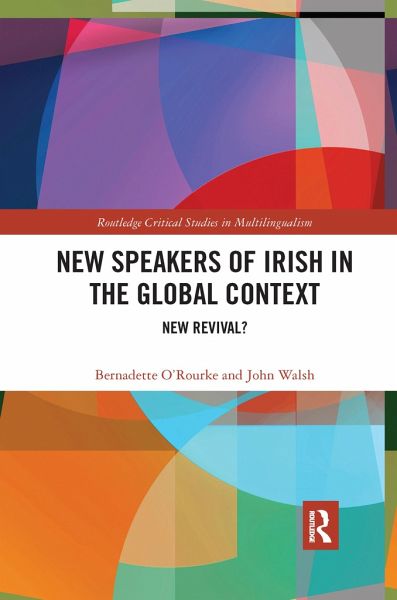
New Speakers of Irish in the Global Context
New Revival?
Versandkostenfrei!
Versandfertig in 1-2 Wochen
55,99 €
inkl. MwSt.
Weitere Ausgaben:

PAYBACK Punkte
28 °P sammeln!
This volume is the first full-length publication to systematically unpack and analyze the linguistic practices and ideologies of "new speakers" specifically in an Irish language context. The book introduces the theoretical foundations of the new speaker framework as it manifests itself in the Irish setting, describes its historical precedents, and traces its evolution to today. The book then draws upon a rich set of data and research methods, including participant observation and ethnographic fieldwork to examine the new speaker phenomenon in Irish in greater detail. Areas of analysis include ...
This volume is the first full-length publication to systematically unpack and analyze the linguistic practices and ideologies of "new speakers" specifically in an Irish language context. The book introduces the theoretical foundations of the new speaker framework as it manifests itself in the Irish setting, describes its historical precedents, and traces its evolution to today. The book then draws upon a rich set of data and research methods, including participant observation and ethnographic fieldwork to examine the new speaker phenomenon in Irish in greater detail. Areas of analysis include new speakers' language practices and usage and the ways in which they position their linguistic identities both within their respective communities and in juxtaposition with "native" speakers. While the book's focus is on Irish, the volume will contribute to a greater understanding of new speaker practices and ideologies in minority language contexts more generally, making this key reading for students and scholars in sociolinguistics, applied linguistics, language policy and planning, anthropology, and Irish studies.





